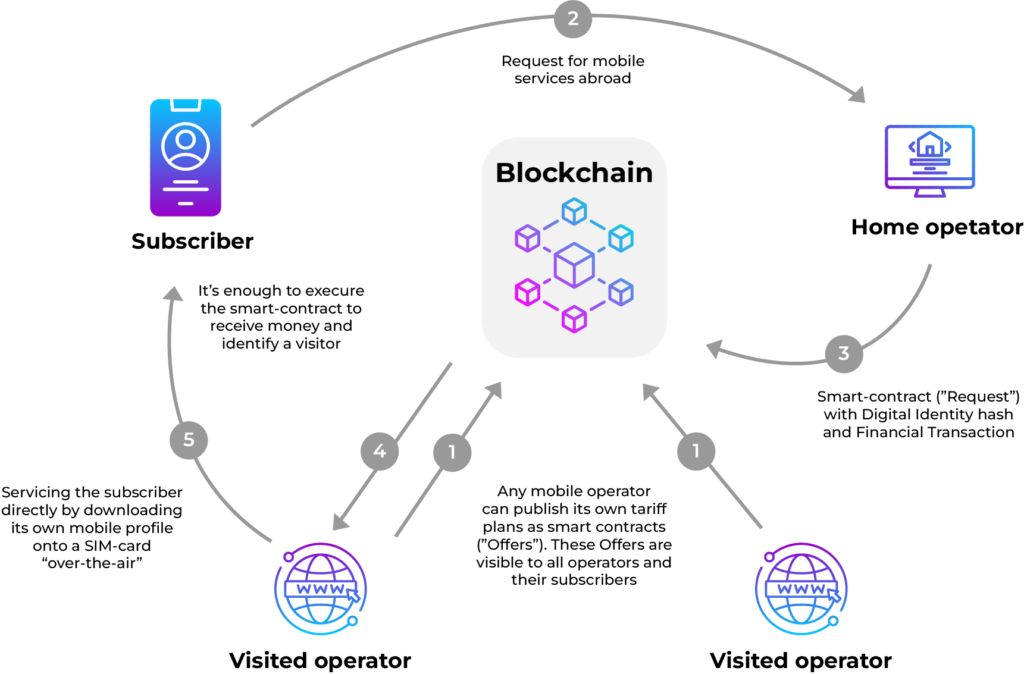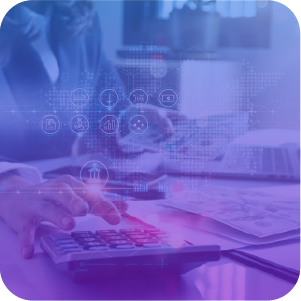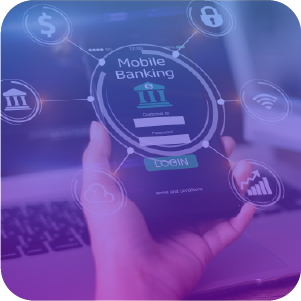Boost Adoption Of New-Gen Digital Service Network
Blockchain is a massive, worldwide distributed ledger or database that can run on millions of devices, creating a collaborative environment
Trivia
Why Blockchain?
Blockchain organizes data into groupings known as blocks. When one of the data storage blocks concludes, it immediately joins to another block. As a result, blockchain has a system of chain structure. Blockchain data can only be viewed by authorized network members. Furthermore, no one has the ability to alter the recorded data, and the data is always transparent. These capabilities could greatly help firms with a variety of activities, including fraud detection and prevention.
Blockchain technology radically offers new ways to conduct business. All nodes participating in the blockchain network benefit from trust, security, transparency, and autonomy. Blockchains can be helpful for a broad range of sophisticated transactions, making them ideal for telcos who wish to lead the way in providing the next generation of digital services.
How it Works?

Features
Use Case

Auditing & Accounting
Blockchain provides an audit trail for transactions, helping detect discrepancies or errors. By using Blockchain, auditors and accountants can be more efficient and accurate in their work while providing an extra layer of security to the audited accounts

Gaming
The technology allows players to trade in digital assets such as in-game items and currency securely without needing a trusted third party. It provides gamers with a level of trust by giving them more control over their in-game assets, which is difficult to achieve in a traditional gaming system.

Digital Payments
Route ledger, distributed across a network of computers, will verify and record the payment without the need for a third party. The process is fast, secure, and cost-effective. It provides transparency, allowing customers to track all blockchain payments.